By six to nine months your baby is very active and very social, with a wide range of skills and an engaging personality.
Feeding
From six months, most babies will be having 4 milk feeds and may be ready to start solids. Solids provide your baby with the extra nutrition they need, as well as the practice in chewing.
Solids
Start with one meal a day at six months and increase to 3 meals a day by 9 months.
- Progress to 1/2 – 1 cup per meal.
- Offer before or after milk feed.
- Give 2 courses at each meal by nine months.
- Offer some finger food as well.
- By nine months food should no longer be blended, but mashed with a fork or finely chopped, so it’s coarse or lumpy. This helps develop jaw muscles in preparation for speaking
Cups
Try giving baby a two handled cup with a spout, with cooled boiled water.
Sleeping
- From six months, most babies sleep about 10 hours at night — but they still need two day sleeps of 11/2 – 2 hours (13 – 15 hours sleep in 24 hours).
- Make sure you have a bedtime settling routine firmly established, e.g. quiet playtime, cuddle and song.
- If baby starts waking during the night for feeds, try giving him more solids at each meal during the day.
A typical day – around eight-nine months
- 6am Breast/bottle feed (180-240 ml)
- 6.30am Short sleep or play
- 8am Breakfast e.g. mixed cereal, fruit and yoghurt, toast fingers
- 8.30am Breast/bottle feed
- 9 – 11am Settle and sleep
- 11am Water and a play
- 12 noon Lunch: e.g. pasta/rice and vegetables or cottage cheese and fruit pieces of soft raw fruit or cheese sticks
- 12.30pm Breast/bottle feed
- 1 – 1.30pm Play
- 1.30 – 3.30pm Settle and sleep
- 3.30pm Water and a play
- 5pm Dinner: e.g. chopped chicken/ fish/casserole/meat or fish patties with mashed vegetables, followed by custard and fruit
- 6pm Bath
- 7pm Breast/bottle feed
- 7.30pm Bedtime (settling routine)
- 8pm – 6am Sleep (10 hours)
Play
Between six to nine months, baby is eager to get moving, and develops many physical skills:
- Rolling from their tummy to their back (and possibly back again).
- Discovering their feet.
- Pushing up on their hands to a lion pose, and pivoting to reach out for toys.
- Rocking on all fours, then progressing to crawling.
- Transferring objects from one hand to another.
Toys
Choose toys with different textures, shapes and colours:
- Hard plastic musical balls that roll along the floor.
- Large soft balls (which baby can squeeze) with bells inside.
- Coloured wooden blocks.
- Ideas for play at home
- Give baby some unbreakable items from the kitchen cupboard to play with: e.g. wooden spoons, saucepans, plastic containers, mashers.
- Scrunched up cellophane in a net bag (from the fruit shop).
- A mirror on the floor (make sure it’s secure).
- Fill a plastic container with rice or pasta for baby to shake.
- Play “Peek-a-Boo”, where you hide your face and then surprise baby.
- Sing nursery rhymes.
TIP!
- Rotate baby’s toys — put some away for a few weeks then bring them out for a change.
- Baby walkers (which you sit baby in) are not recommended for safety reasons.
- Safety is very important as your child becomes more mobile.

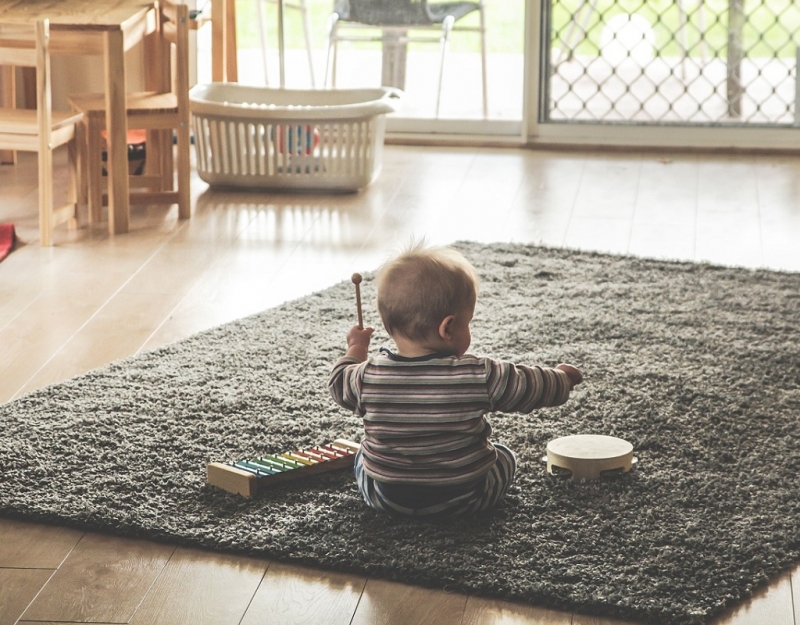

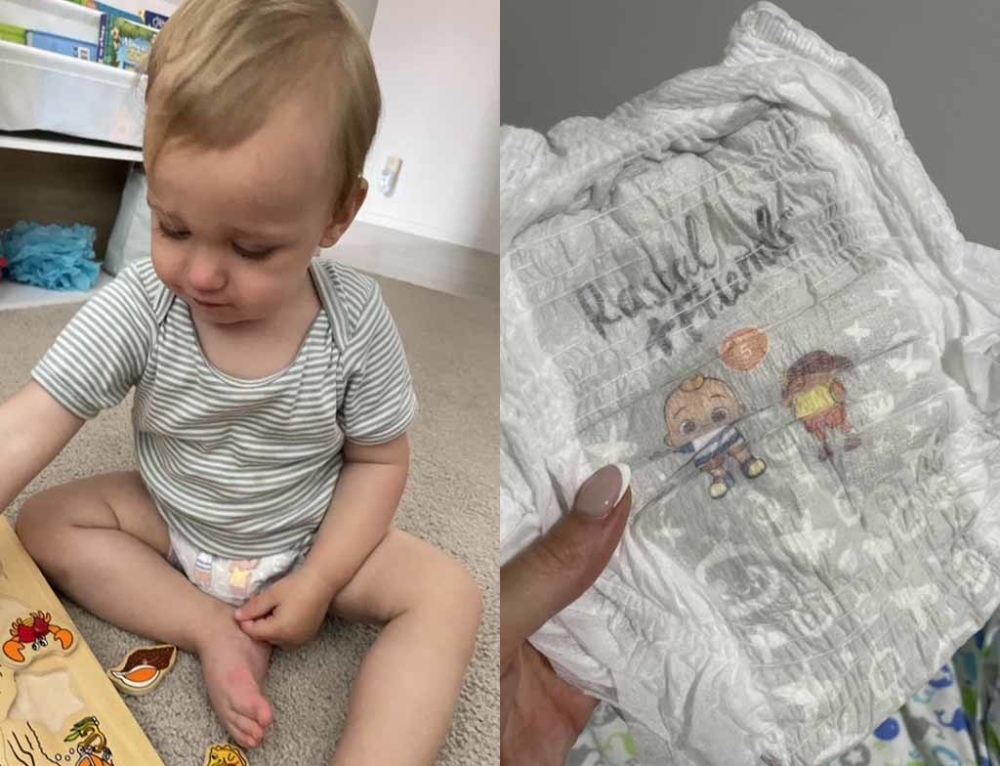
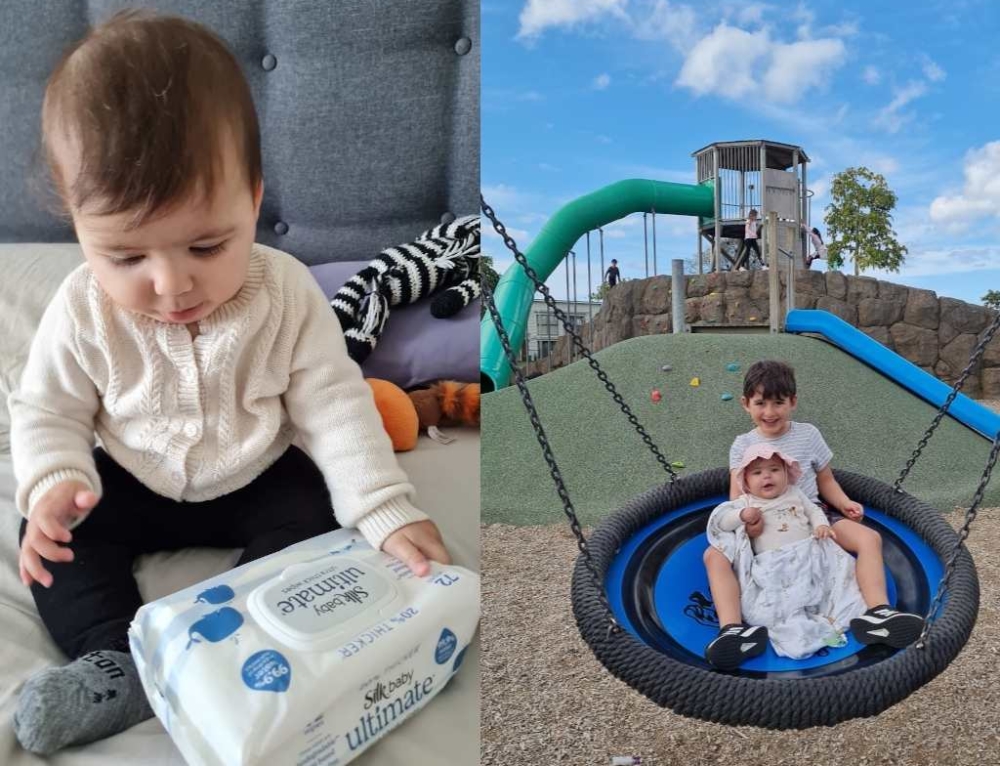
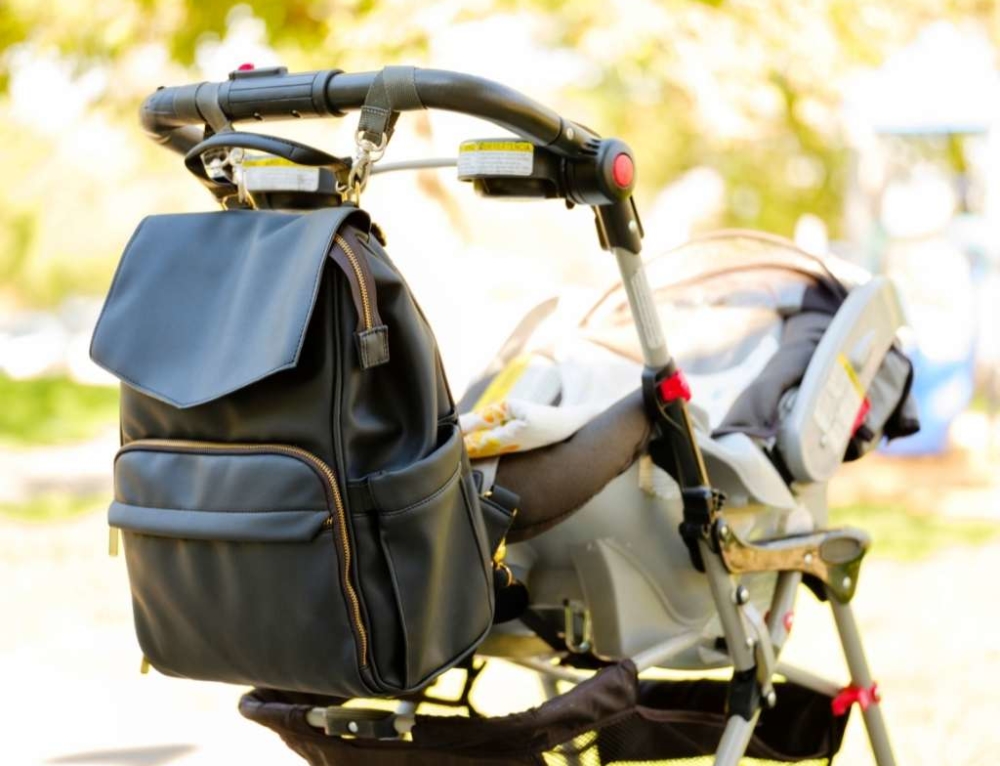
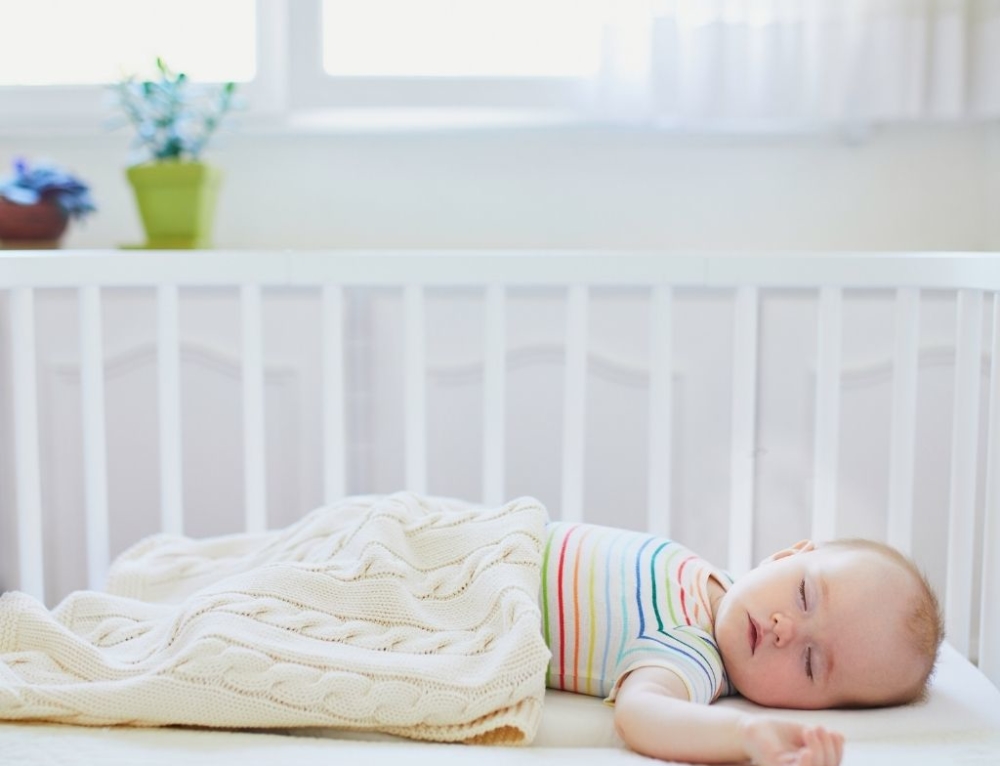
Leave A Comment
You must be logged in to post a comment.